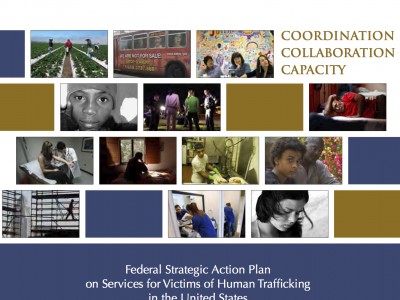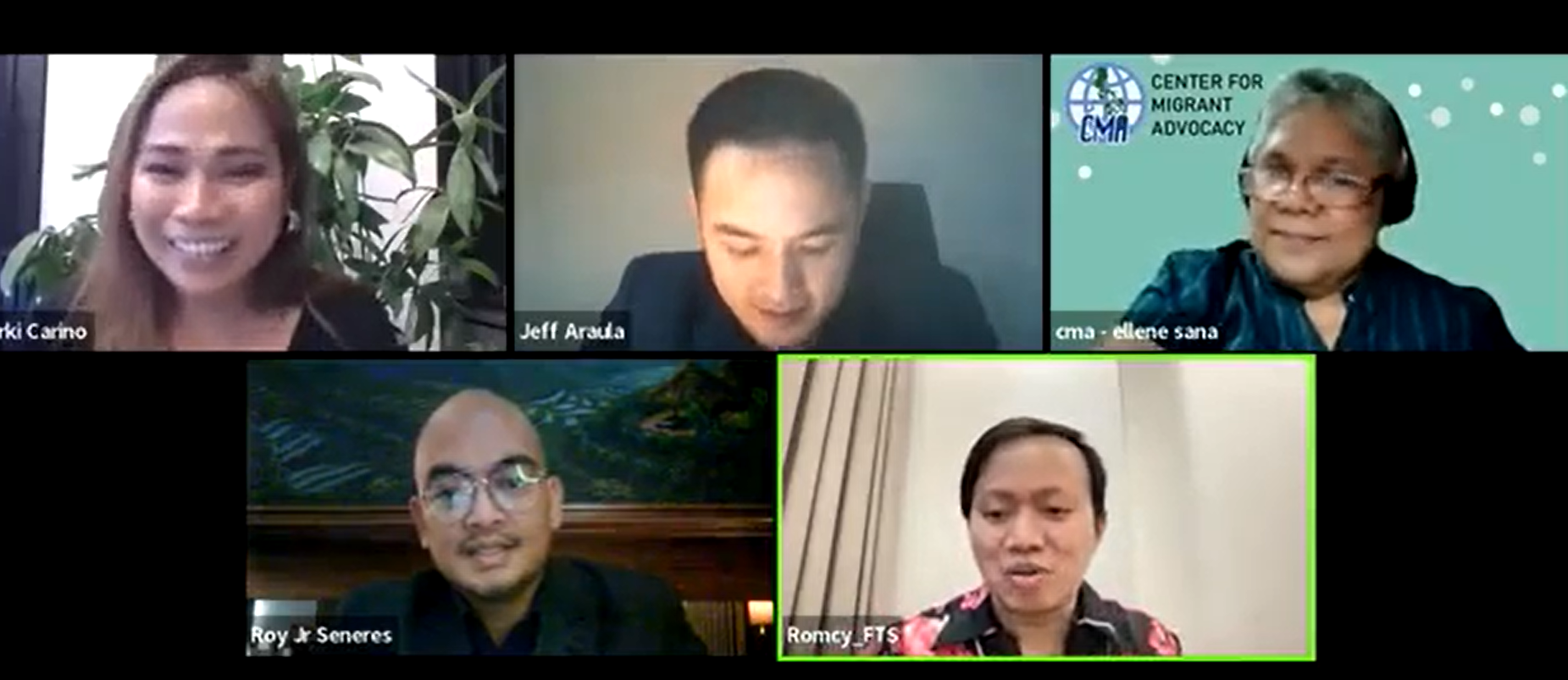Two years ago, President Barack Obama delivered the longest presidential speech on slavery since Abraham Lincoln. In his address to the Clinton Global Initiative he committed to three steps to strengthen the fight against human trafficking.
First, he promised to increase awareness by training teachers, police officers, and transportation inspectors to be better equipped to handle trafficking victims. Second, he vowed to use technology and the Internet to stop the predation by traffickers. Third, he signed an executive order to prohibit federal procurement of goods or services that are rooted in slavery.
 This week, during National Slavery and Human Trafficking Prevention Month, the White House unveiled specific plans for the protection trafficking victims and survivors. It’s called the Federal Strategic Action Plan on Services for Victims of Human Trafficking in the United States.
This week, during National Slavery and Human Trafficking Prevention Month, the White House unveiled specific plans for the protection trafficking victims and survivors. It’s called the Federal Strategic Action Plan on Services for Victims of Human Trafficking in the United States.
Because modern-day slavery touches all corners of the world, a combative strategic plan was needed, according to Domestic Policy Council Director Cecilia Munoz. She says the White House plan includes services that are “comprehensive, trauma-informed, and responsive to the needs of all victims, regardless of the type of trafficking they endured or immigration status.”
The administration is also focusing efforts on increasing the federal government’s capacity to identify trafficking victims and to help them “recover and rebuild their lives.” Slavery survivors assisted in the plan’s development.



